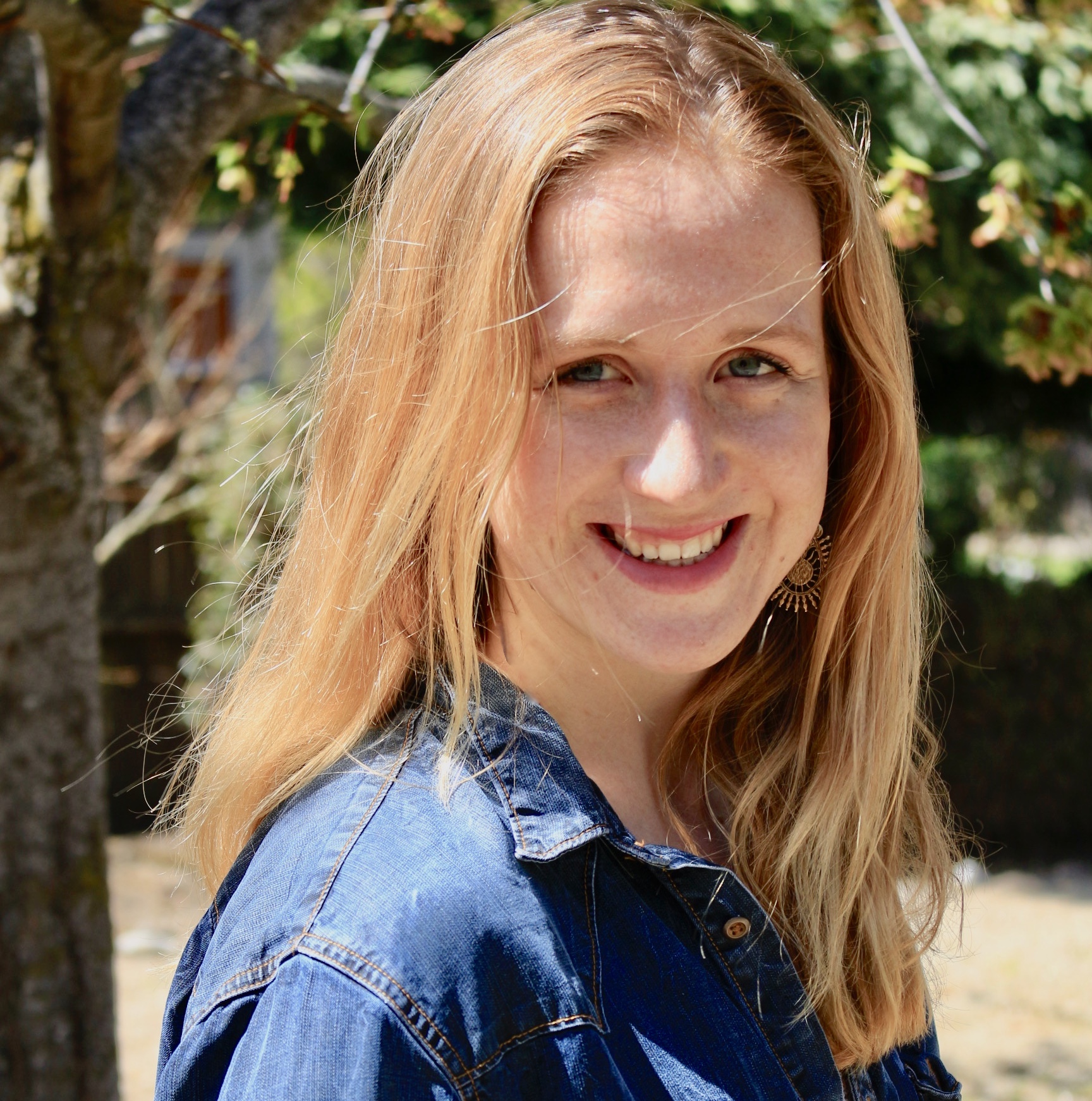
Does the silent treatment work?
It depends what your goal is.

Whether your partner left you to do the dishes again or your closest friend made an insensitive comment at a party, confronting a loved one about their upsetting behavior is difficult. Rather than risking potential conflict, it can sometimes feel easier to rely on the "silent treatment": become aloof, give short replies or even refuse to acknowledge the other person.
But does the silent treatment work?
The answer depends on your goal. If you're just trying to communicate that you're upset — and don't care about producing meaningful change in the relationship — then yes, said Paul Schrodt, an expert in communication and conflict at Texas Christian University. "Oftentimes, the silent treatment will get the other person's attention," Schrodt told Live Science. "Most partners or family members will notice when they're being given the cold shoulder."
Related: Why do people ghost?
But beyond getting the recipient's attention, the silent treatment is more likely to produce frustration than change, said Christine Rittenour, an expert in family communication at West Virginia University. "The recipient has all these unanswered questions," Rittenour told Live Science. They're left wondering what's wrong and what they did to cause it.
Even when the recipient does manage to infer what they did to upset their loved one, the silent treatment fails to fix underlying problems in relationships — and, oftentimes, just creates more of them, Schrodt said. Sure, your partner might wash the dishes the following night, your friend might apologize — "but at what expense?" Schrodt said.
When it becomes a pattern, the silent treatment can be detrimental to the mental health of both parties, Rittenour said. Rittenour and a team of researchers studied parents and their adult children. Their results, published in the Journal of Family Communication in 2017, found that the people who used the silent treatment against their parents more often had lower self-esteem than those who engaged in more direct communication strategies. Conversely, the people who reported that their parent often used the silent treatment were less satisfied with that parent and had lower feelings of control within the relationship. Another team of researchers, in a study published in the journal Communication Research Reports in 2009, found that in romantic relationships, partners who used the silent treatment more often were less committed to their relationship.
Sign up for the Live Science daily newsletter now
Get the world’s most fascinating discoveries delivered straight to your inbox.
"When you use the silent treatment, you really do run the risk of the other person feeling so negatively about it, that they pull away from the relationship," Rittenour said.
Rather than leaving your friend, partner or family member wondering what they did wrong, it's much healthier to address problems head-on — even if it results in conflict, Rittenour said. Openly addressing conflict — without negative behaviors, like yelling or chastising the other person — can actually produce stronger relationships, Rittenour said. Behaviors that work include listening, collaborating to solve problems and working to accept rifts that just won't go away. But first, you have to admit that something's wrong, Rittenour added.
In the heat of the moment, warm communication can feel impossible. At these times, it's OK to step away from the conflict and cool down, Rittenour said. She suggested using phrases like "I'm afraid I'll say the wrong thing right now because I'm really upset," or "I need some time apart to think about this." So, what's the difference between this type of silence and the unhealthy kind? Communication.
"That's a much more effective way to both preserve yourself and keep you from harming this other person," Rittenour said.
Originally published on Live Science.

Isobel Whitcomb is a contributing writer for Live Science who covers the environment, animals and health. Her work has appeared in the New York Times, Fatherly, Atlas Obscura, Hakai Magazine and Scholastic's Science World Magazine. Isobel's roots are in science. She studied biology at Scripps College in Claremont, California, while working in two different labs and completing a fellowship at Crater Lake National Park. She completed her master's degree in journalism at NYU's Science, Health, and Environmental Reporting Program. She currently lives in Portland, Oregon.









